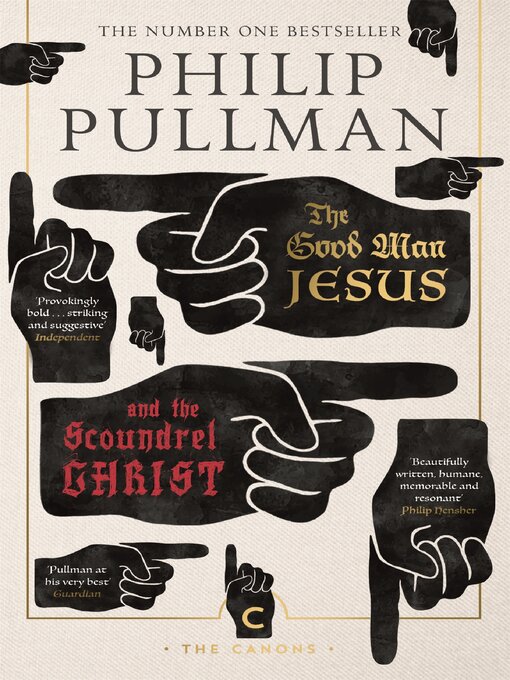
Pullman’s title, for example, is drawn directly from line 916 of Book Two of Milton’s “Paradise Lost,” and the entire trilogy is, in fact, an inversion of that great work.

Lewis’ “Space Trilogy” - sophisticated enough to hold adult attention. Though originally marketed to young adults, it’s one of those works - rather like Tolkien’s “Lord of the Rings” or C.S.

Pullman’s masterpiece - the trilogy “His Dark Materials” - is an elaborate, elegant work of fantasy that runs through parallel universes and involves an affirmation of the physical world’s everyday joys played out against a deadly struggle for freedom with a sinister religious establishment called the Magisterium. When he is, however, it won’t be for his new novel, “The Good Man Jesus and the Scoundrel Christ,” which is a polemical fable every bit as wrong-headedly obvious as the title suggests.

With due respect to the indefatigable Richard Dawkins and Christopher Hitchens, Philip Pullman probably will be recalled as the most significant of the muscular British neo-atheists who have emerged with such intellectual force over the last decade or so.


 0 kommentar(er)
0 kommentar(er)
